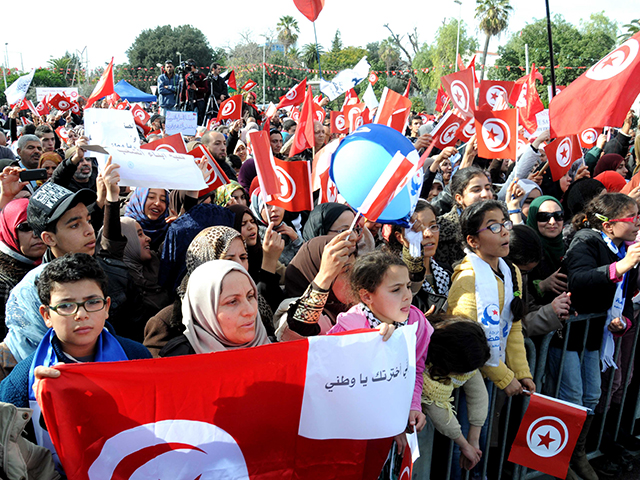On February 7, Tunisia, the birthplace of the “Arab Spring,” celebrated the adoption of a new constitution that has been hailed as one of the most progressive in the Middle East and North Africa region.
Tunisia’s remarkable political turnaround, epitomized by the almost unanimous ratification of the constitution and the inauguration of an interim technocratic government, is a truly hard-won triumph for Tunisians. Indeed, in a sharp contrast to other Arab Spring nations, such as Libya and Egypt, Tunisia has measurably advanced its bottom-up democratic transition. As noted by Freedom House’s 2014 Freedom in the World report, Tunisia persevered on the march to democracy as “the most promising of the Arab Spring countries,” with its civil liberties improving.
Now, with greater urgency, Tunisia’s historic political breakthrough calls for effective economic reforms that will advance economic freedom for ordinary Tunisians. According to the 2014 Index of Economic Freedom, published jointly by The Heritage Foundation and The Wall Street Journal, Tunisia is one of the five countries in the region whose economic freedom score improved over the past year. Tunisia made progress in the areas of tackling corruption and engaging with the world through trade.
Nevertheless, Tunisia’s much-needed economic dynamism remains severely constrained. An overbearing regulatory framework, exacerbated by poor access to credit and high financing costs, stifles economic activity and hurts the development of a vibrant private sector.
Back in 2011 during his speech on the Middle East and North Africa, President Obama made the case that “a moment of opportunity” should not be lost. Furthermore, in his recent State of the Union address, President Obama asserted, “From Tunisia to Burma, we’re supporting those who are willing to do the hard work of building democracy.”
Reminding Tunisians of the President’s speech, Deputy Secretary of State William Burns emphasized during a recent visit that “Tunisia’s success matters to America.” It is time for America to reinforce Tunisia’s democratic progress with concrete action, not more political gestures. Lowering barriers to trade would be a good place to start, and there is much the U.S. can do to help Tunisia with its still precarious security situation.
As pointed out in a recent Wall Street Journal editorial, “Tunisians have made their country a good Arab model, and Washington ought to do what it can to nurture and reward this example of democratic progress in the Middle East.”
























